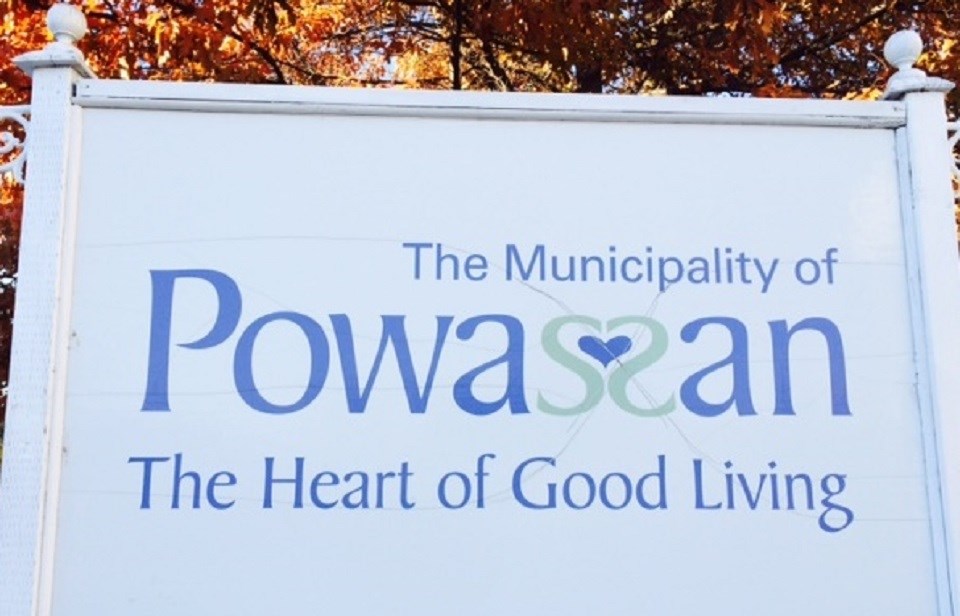Almaguin Community Economic Development (ACED) is losing one of its largest community members because it's become too expensive.
Powassan council passed a resolution Tuesday formally indicating it is withdrawing from ACED when the present three-year term is up later this year.
ACED was formed several years ago with a large infusion of start-up money from FedNor.
The federal dollars allowed the 10 original member communities in Almaguin to buy into the program at $10,000 annually except for Joly, which made an annual contribution of $5,000 because of its size.
Additionally, the Almaguin Highlands Chamber of Commerce also contributed $10,000 annually.
However, the FedNor grant is ending this year and so far there has been no indication more federal money is on the way.
To remain an active agency, the ACED board created funding options where the member municipalities picked up the lion's share of the new budgets moving forward.
ACED created a funding formula based on a combination of a base contribution plus a portion of the municipal assessment, the community's population, and the number of households in each municipality.
Based on a $300,000 annual budget, Powassan was staring at an annual contribution of $51,853 in each of the next three years.
Powassan's share jumped to $72,780 if ACED adopted a $400,000 budget.
Powassan's share was the second-highest contribution, second only to the Township of Perry, which would contribute $53,901 under a $300,000 annual budget or $75,851 if the ACED board opts for a $400,000 budget.
Powassan Deputy Mayor Randy Hall said there was value belonging to ACED when the local contribution was $10,000 each year, but not under the proposed new scenario.
“To see this kind of increase in one year over three years, it doesn't have the value we need,” Hall said.
Coun. Dave Britton agreed.
Britton said while ACED had merit, it boiled down to the municipality getting a decent return on its investment of either $52,000 or $73,000 a year.
“It's just not sustainable,” Britton said.
“And I don't see us being able to see the benefits with these kinds of costs.”
Mayor Peter McIsaac has been one of the biggest supporters of ACED and he said reports from the organization showed Powassan businesses were using the agency.
But the high cost to remain part of ACED was also a concern for McIsaac.
“Without the FedNor funding, it's not known where ACED is going to fall and I don't think we can afford the current pricing,” McIsaac said.
McIsaac agreed with the council resolution to leave ACED.
That resolution in part indicates Powasan's “finances are currently under tremendous strain,” the municipality has a “fiduciary duty to its taxpayers” and remaining with ACED beyond this year commits the municipality to another three years.
The resolution also points out that Powassan has an employee who already promotes the community's assets and that same individual could be assigned to carry out economic development work.
The departure of Powassan means the original ACED community membership is down to eight municipalities and the Chamber of Commerce.
Magnetawan served notice last June it would not be staying beyond the first three-year term.
At the time, Magnetawan Deputy Mayor Tim Brunton expressed concern that if outside money, like FedNor, dried up, the only way ACED could continue to survive was if the municipal contributions increased significantly.
When ACED put together its most recent proposed budgets it was without any contributions from Magnetawan.
With Powassan's departure, it's not known how this affects the 2023 ACED budgets and beyond.
Rocco Frangione is a Local Journalism Initiative reporter who works out of the North Bay Nugget. The Local Journalism Initiative is funded by the Government of Canada.
